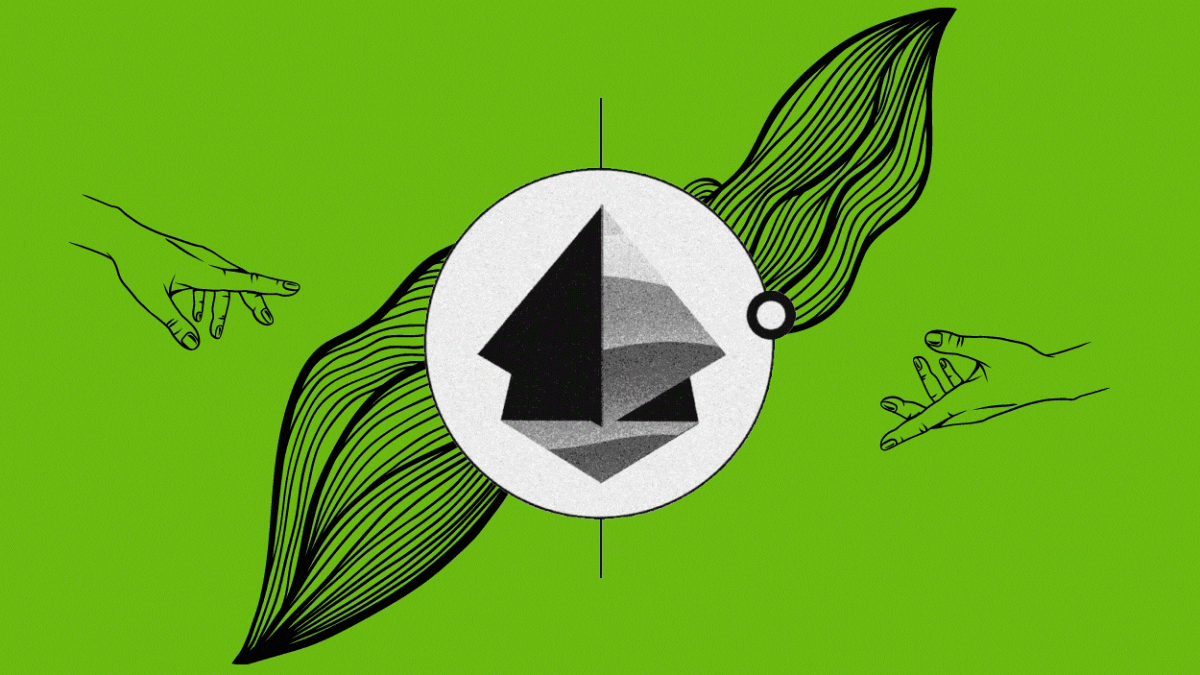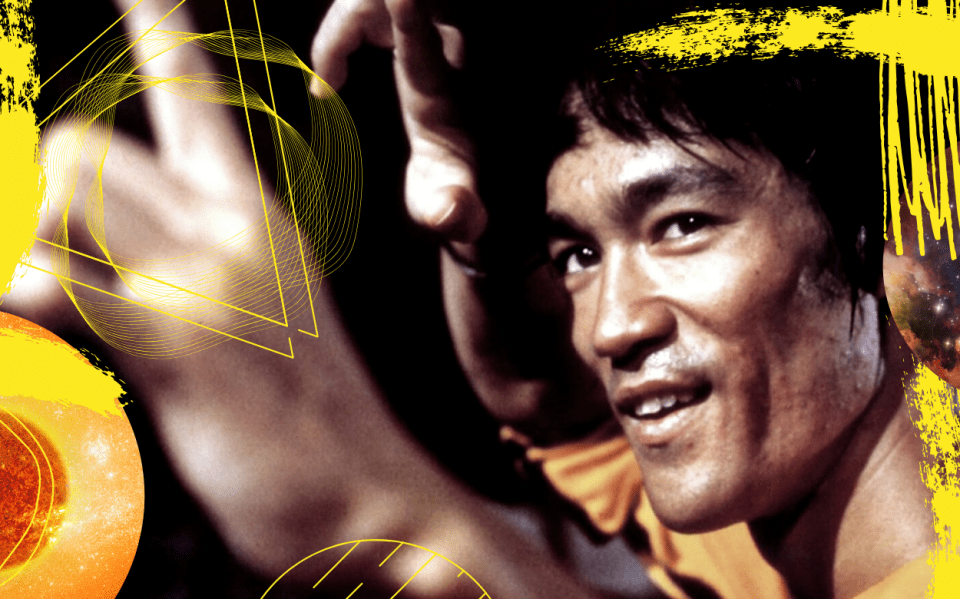
If you’re a marketer, Abraham Maslow is the name you need to know.
Why?
Well, because psychology and marketing go together like gin and tonic. People buy products or services based on emotional needs or wants. This depends on the level of happiness, finances and life stage they’re in. Once you understand what motivates your customers and can predict their needs, you will be able to give them value by providing services or products that help them.
Back in 1954, this American psychologist published the book “Motivation and Personality” where he analysed the human fulfilment and personal relationships, introducing his theory of self-actualization. Maslow explains that people are motivated with certain needs and those needs are different throughout our life. Our most basic need is for physical survival, and this will be the first thing that motivates our behaviour. Once that physiological level is fulfilled the next level up is what motivates us, and so on.
His quote “if you plan on being anything less than you are capable of being, you will probably be unhappy all the days of your life,” might sound rigid, but it goes well hand in hand with his thesis how people must pursue different needs at different points during their lifetime to grow and pursue personal development.
The road to self-actualization (and back)
Maslow’s hierarchy identifies five areas of needs experienced by most of us. Starting with physiological needs, the model moves forward through safety, love, self-esteem and finally self-actualization.
If this sounds a bit too abstract, let’s take a look at the pyramid that was created to simplify this theory:

1. Biological & Physiological needs
At the very bottom, there are physiological needs that are connected with our basic survival, like the need for air, food, water, home, health. These so-called biological needs are the most important because no human being cannot function properly or even strive for the next development phase.
2. Safety and comfort
The second level is our safety and comfort. People like a sense of predictability and order in their lives. These needs can be fulfilled by the family bonds and social support systems; for example, the need for emotional security, financial security, law and order, property, health, etc.
3. Love & belonging
The next stage is where we are focused on love and sense of belonging, where our relationships motivate and determine our behaviour and outlook on our reality. As social beings, we are determined by becoming a part of a group, first in the family, later on with friends and at work. At this stage, people are mostly focused on friendships, affection, care, intimacy, trust, and acceptance.
4. Self-esteem & respect
At the stage number four, Maslow puts esteem needs, and they’re classified into two categories: esteem for oneself (achievement, independence) and the desire for reputation or respect from others (status, prestige).
5. Self-actualization
And then at the very last stage, we have self-actualization. At the highest level in Maslow’s hierarchy, a person realizes his full potential, focuses on personal growth and explores new experiences. For example, one individual may have a strong desire to become an ideal parent. For others, it may be expressed creatively, academically or athletically
on a side note…
Looking at the pyramid, it seems how only a few of “chosen ones” could ever achieve the self-actualization stage; however, I believe that Maslow didn’t have any pyramids in mind when he was conveying his theory. The rigid rankings or placements that come with the pyramidal structure aren’t the best representation of how things work in real life. The stages are fluid, correlated, and sometimes the lines in between the levels are blurred out. For example, we can also consider this hierarchy divided simply by colours, and as Pac-Man representing the neverending maze and next levels:

How to use psychology in your marketing
While marketers aren’t psychologists, we should apply psychology more in our work. As Robert Rosenthal (famous for his Pygmalion effect) says, “smart, skilful, honest marketers use psychology legally, ethically and respectfully to attract and engage consumers and compel them to buy”.
Marketers put so much money, time and creativity on advertising and sending out messages hoping they’ll trigger any emotion – usually the negative or annoyed one. We spam and copy others, lazy to do proper research, and then we complain about how it’s getting difficult to get high-quality results.
Marketing is nothing but an exercise in consumer psychology.
The more you try to understand, analyse and read your audience, the better you’ll become at attracting and influencing your customers.
Here are a couple of tips on how to do this (so you can get good results, and your audience won’t be annoyed or bored or tired of your brand):
- Show the value: Your marketing messages perform better if you highlight the outcome your consumers will get with a particular product or service.
- Your uniqueness is your differentiator: Ah, competitors…we can’t help but think how the grass is greener on the other side. And while, yes, you should compare now and then to maintain a healthy competition with your rivals, don’t focus all your energy on what others are doing. Instead, focus on the things that you do differently.
- Flaws are as important just as your strong points: Talk about your product’s imperfections rather than hiding them or even worse lying about it. Be frank – that’s the only way to build trust with your customers.
- Emotions drive our actions: Even though some people think of themselves as rational, in reality, each and every decision we make depends on our feelings.
Bring back the Maslow
At the moment of writing this, the world is facing a global pandemic and economic crisis. COVID-19 changed our reality, took our familiar and comfortable lives and replaced it with an unknown future and fear of the invisible virus. Our mindset dramatically shifted as we worry for the most basic needs, like a roof over our heads, food, health and safety. We put travels, events, luxury products, and all the non-essentials on the side. We have to.
That’s why marketers should reintroduce Maslow’s Hierarchy of Needs as a valuable tool for businesses, as it can help with setting realistic expectations and connect with customers in a new way.
It’s not the time to think about the profit or quarters or revenues. People are trying to adapt and make sense in a world where foundations were torn down, and the best advice would be to act accordingly with empathy, understanding and meaningful ideas that will help them.
We all want to feel cared for, heard, and respected—every day, and especially in troublesome times like these.
This article was originally published on twentythree.studio.






